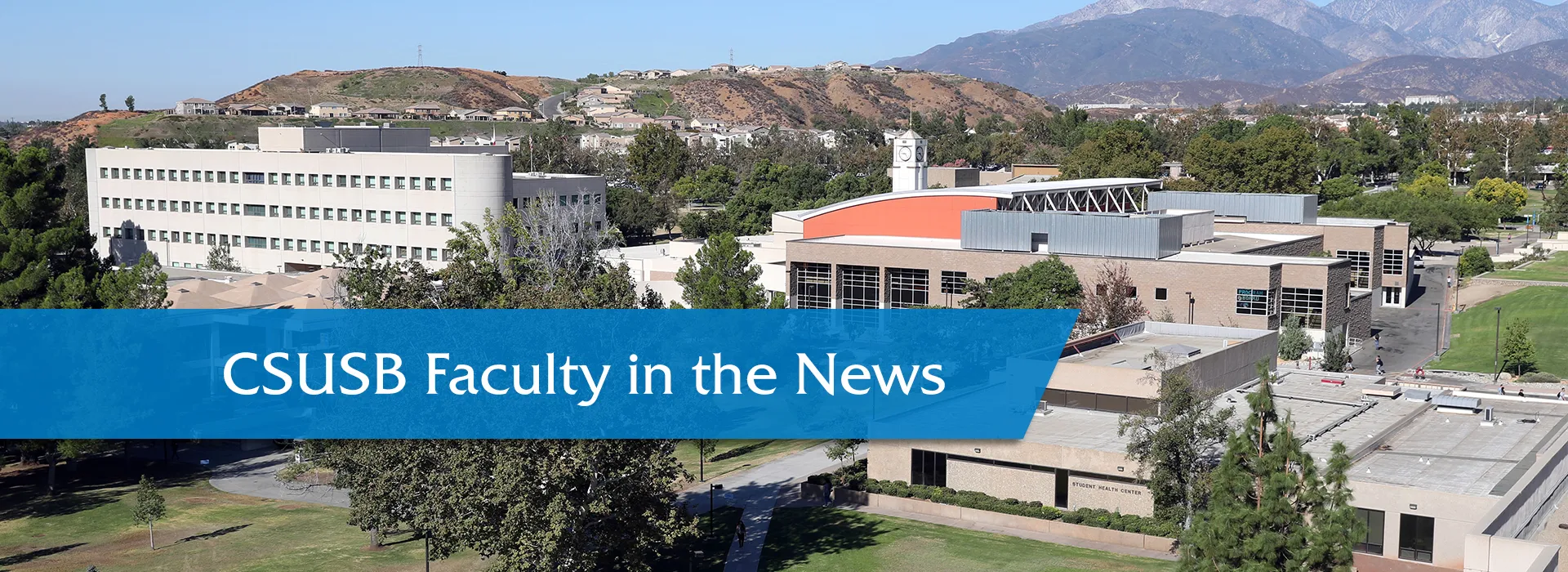
NOTE: Faculty, if you are interviewed and quoted by news media, or if your work has been cited, and you have an online link to the article or video, please let us know. Contact us at news@csusb.edu.
Brains in Space: CSUSB professor talks about the important role of cognitive neuroscience in deep-space missionsCognitive Neuroscience SocietyDec. 21, 2017
Cognition can be the difference between life and death on deep-space missions. Imagine the catastrophes that could occur – whether on the International Space Station or in route to Mars – if a crew member has a lapse of attention on a spacewalk or a memory deficit while navigating due to sleep deprivation.
The cognitive risks posed to astronauts are tangible but still poorly understood. That’s why cognitive neuroscientists are taking center stage in a series of NASA studies using the HERA – Human Exploration Research Analog. This on-Earth habitat simulates life in space.
“HERA represents an impressive effort by NASA to conduct a large-scale investigation of the various psychological and cognitive neuroscience components that will be essential to future long-duration space flights to places like asteroids and Mars,” says cognitive neuroscientist Richard Addante, who was a mission specialist for the HERA mission 14.
Addante spoke in detail with Cognitive Neuroscience Society writer Lisa M.P. Munoz about his experiences in the confined research space aboard HERA, how he became interested in space research, what scientists are learning about brains in space, and the important role of cognitive neuroscientists in space exploration.
Read the complete article at “Brains in Space: The important role of cognitive neuroscience in deep-space missions.”
This news clip and others may be found at “In the Headlines” on the Inside CSUSB website.